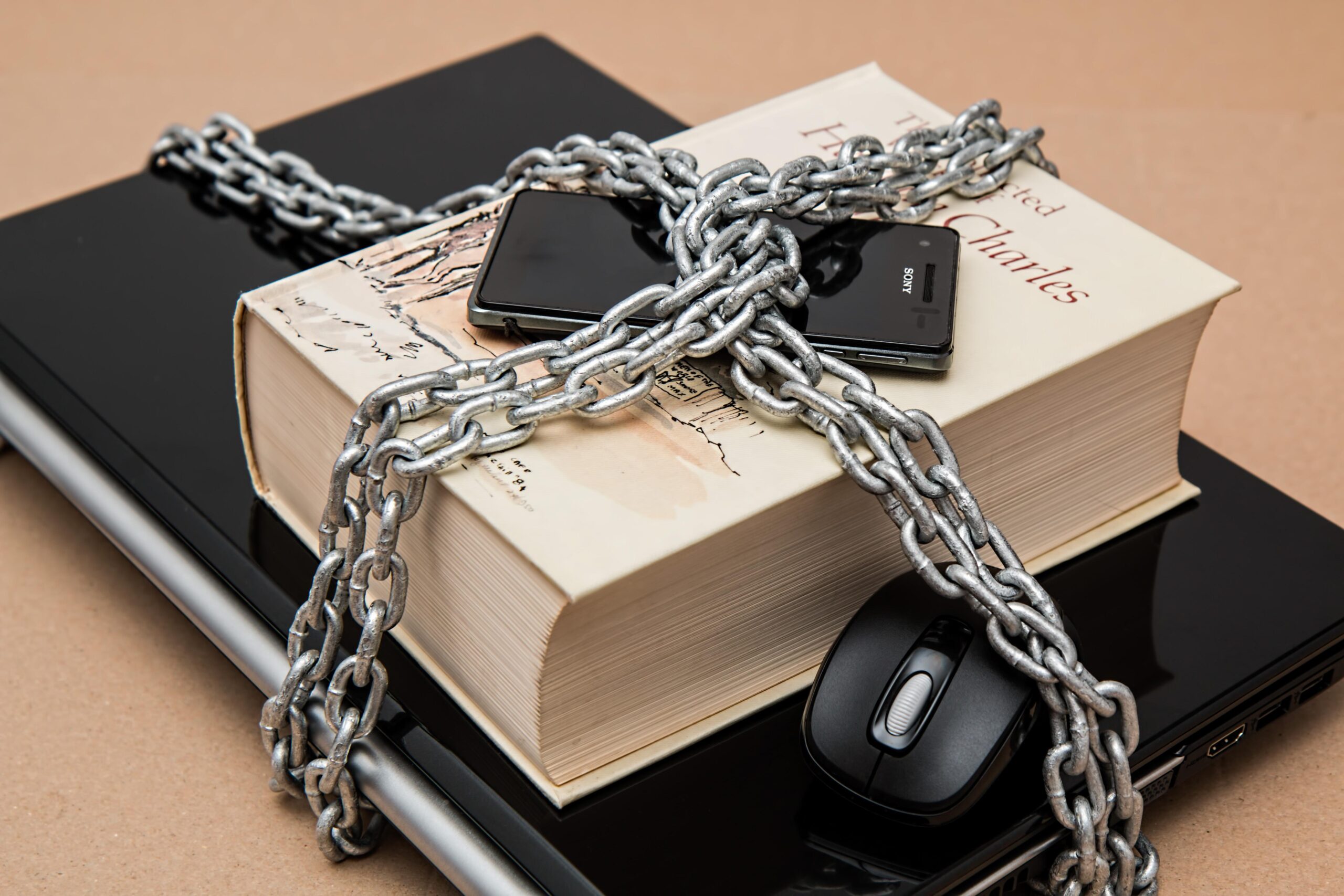I recently finished reading “The Hate U Give,” by Angie Thomas in preparation for a facilitated conversation with high school students this weekend.
I will be the adult facilitator for a conversation with high school students from Walla Walla High School who decided to intentionally read the five books challenged by parents in their district (“Gender Queer,” “All Boys Aren’t Blue,” “The Hate U Give,” and “The Bluest Eye”). Instead of avoiding these books, a group of students have decided to read them and engage in facilitated conversations by adults with expertise in the content area addressed by the book.
According to a new American Library Association report, there were 330 “book challenges” in the fall of 2021.
Some of these challenges resulted in books being banned from school libraries. In some places the book challenges happened at the local level in school board meetings. In states, like Tennessee, Florida and Texas, whole topics — race, gender and sexuality — have been forbidden from discussion in classrooms. Lists of books and authors have been forbidden from use in classrooms.
This is not the first time in history we have seen books banned from libraries. Censorship of words has taken place since the origin of written text.
In ancient China, censorship was considered a way to maintain the good character of people. In 1930s Germany, books written by prominent Jewish authors were burned by university students.
More recently, a contingent of Russian academics have sought to eliminate books by Holocaust survivors or anything referencing Hitler as offensive to Russian ideology. In several articles I have read in preparation for my conversations with students this weekend, veteran school librarians have shared this rash of challenges and bans is the most intense in recent history.
Why now?
Interestingly, the most vehement arguments against “cancel culture” — the notion that public figures are publicly shamed and thrust out of social or professional circles — have come from those who are politically conservative.
Book challenges and legislation leading to book and idea “banning” are also coming from politically conservative circles.
Confused? I am.
What are the most recent complaints about books in schools?
A certain subset of parents do not believe certain topics are “appropriate” for children to be addressing in schools. For instance, sexuality, gender identity, systemic racism. They either believe the topics are not age appropriate or believe it is their place as parents to be teaching their children on these topics.
Students in many regions of our nation are responding in a variety of ways — by writing letters, speaking up at school board meetings, and purchasing the books.
Students in Walla Walla have been reading “challenged” books with intention. Although until students initiated this movement, they were able to enlist the support of their high school librarian to find adults to facilitate conversations for each book. One such facilitator was actual author of the book students were reading.
As a thirty year veteran educator, the mother of three now-adult children and the wife of a high school English teacher, I am deeply concerned about the current trend of censorship — both of books and ideas. As an educator devoted to racial equity, I am concerned about the dozen states that have passed legislation in the last year banning any conversations about race and systemic racism.
We cannot heal as a nation by ignoring our past — the good, the bad and the ugly. We cannot move into the future and flourish if our children are not taught to be critical thinkers, which requires they be exposed to many varying perspectives and ideas and provided with the skills to determine what is fact and opinion, how to build a case for or against an idea.
We are a nation that says we take pride in freedom of speech… but only when that speech, those words align with our values? That does not sound like freedom to me. Do we think so little of our children? They are exposed to TikTok and Instagram and Snapchat where they converse unrestricted for hours of every day.
Why would we not want to create spaces for dialogue for all of us about the most difficult topics in public squares? Let’s not shy away from difficult discussions and sensitive topics. This is America, and in America, we acknowledge our blemishes and weaknesses as well as our strengths.

